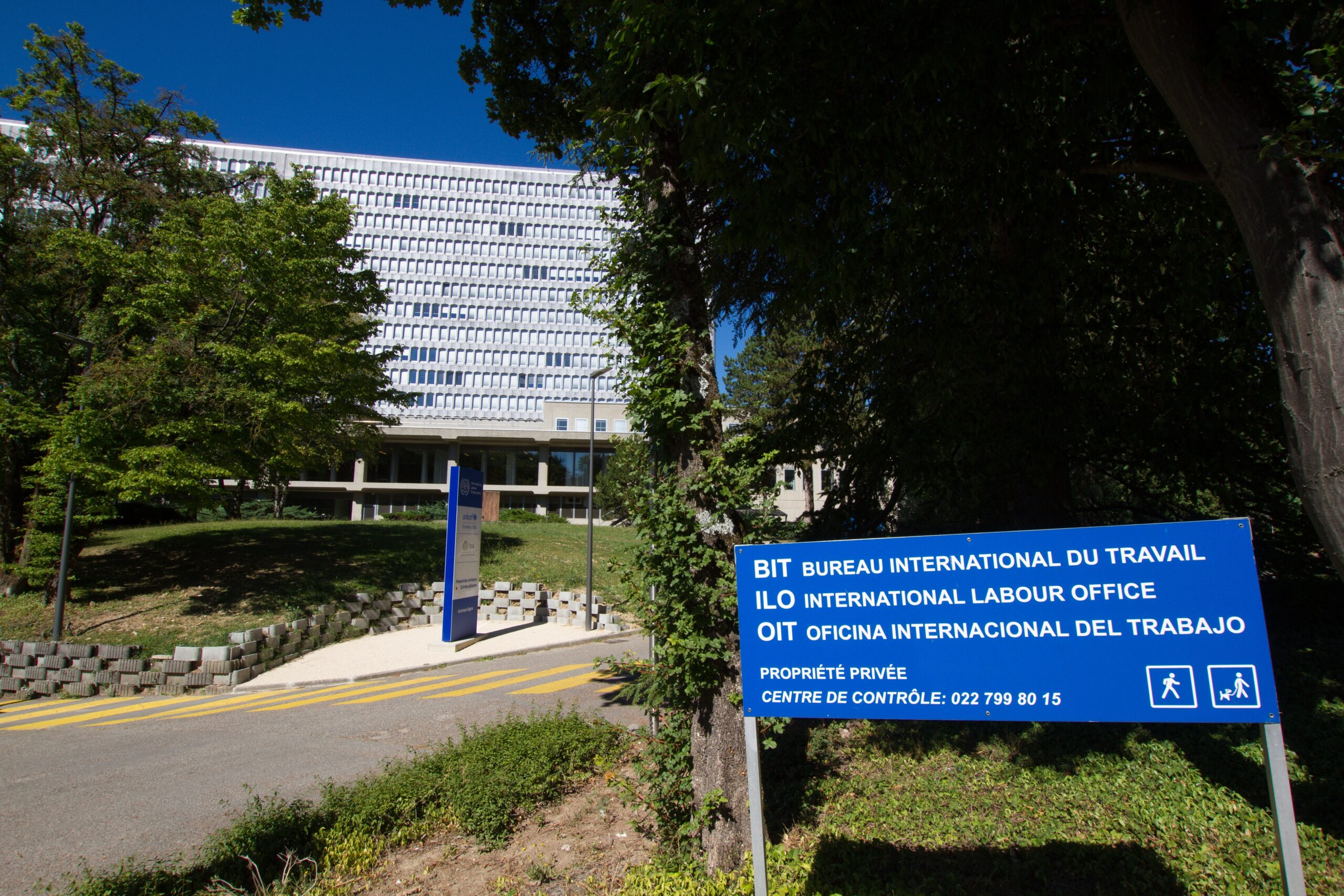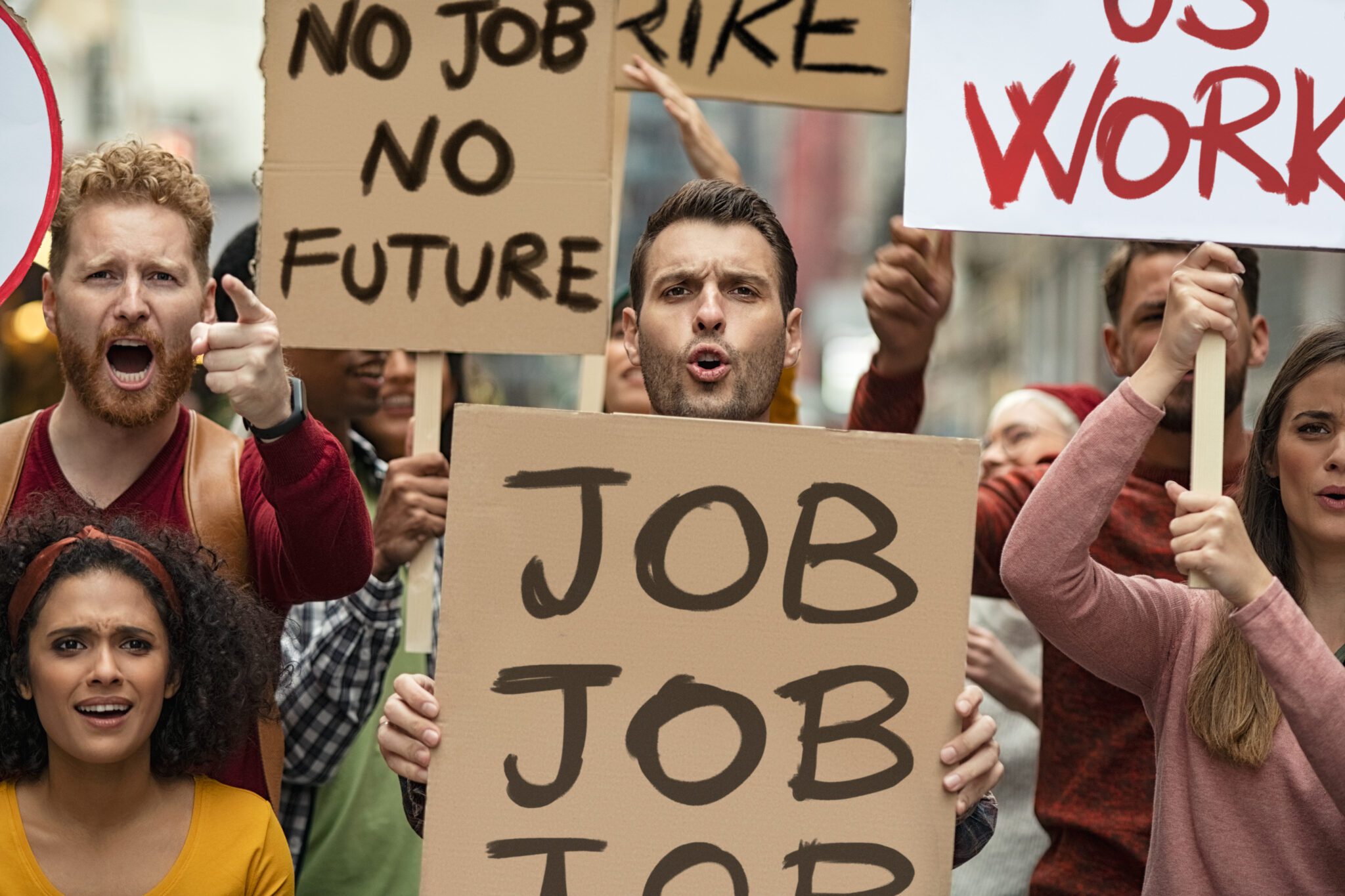The International Labour Organisation (ILO), the United Nations agency for the promotion of social justice and human rights at work, has released its annual World Employment and Social Outlook report. The study analyses “key workers”, those who are vital to the functioning of society. In explaining who they are, the ILO recalls that “at the end of March 2020, 80% of the world’s population lived in countries with required workplace closures” as a result of Covid-19. Key workers never stopped working. They ”produced, distributed and sold food, cleaned roads and buses to minimise the spread of the pandemic, ensured public safety, transported essential goods and workers, and cared for and healed the ill.” For the International Labour Organisation (ILO), “Covid-19 has made evident the extent to which societies need key workers (…) but also how undervalued most key jobs are (…) raising concerns about the sustainability of these essential activities, especially given the likelihood of future shocks.” The report “calls for a revaluation of the work of key workers and greater investment in key sectors in order to more fully reflect their economic and social contributions.” An analysis of key workers begins the 7-chapter study, which divides them into “eight main occupational groups: food systems workers; health workers; retail workers; security workers; manual workers; cleaning and sanitation workers; transport workers; and technicians and clerical workers.”
* On the cover photo, a labour demonstration © Ground Picture/Shutterstock.com
* Below, the ILO headquarters in Geneva © B7 Photography/Shutterstock.com
(Red/Est/ADP)
Numbers and working conditions
According to the report “across the 90 countries with available data, key workers make up 52 per cent of the workforce, though the share is lower in high-income countries (34 per cent), where economic activities are more diversified” and fewer people are employed in agriculture. The percentages then reveal the disparity in health care between rich and poor countries: While “less than 2 per cent of key workers are engaged in healthcare in low-income countries, the share jumps to nearly 20 per cent for high-income countries.” High-income countries also rely heavily on international migrants to perform key services in occupations like agriculture and cleaning and sanitation.” As for female employment, “women account for 38 per cent of all key workers globally, which is lower than their share in non-key work (42 per cent). Women constitute two-thirds of key health workers and more than half of key retail workers, but they are grossly underrepresented in security and transport..” The valuation of key workers is reflected in their pay and other working conditions. Among these, ILO denounces “physical and biological hazards, as well as psychosocial risks, which were more common among key workers even before the pandemic.” Then there is the excessive use of temporary contracts, which affect “nearly one in three key employees (…) though there are considerable country and sectoral differences.” In low-income nations over 46 per cent of key workers “work long hours (…) with irregular schedules or short hours.” Pay is low: “On average, 29 per cent of key employees are low-paid” regardless of the level of development of countries, as they “earn 26 per cent less than other employees.” They are also under-represented in some sectors, with unionisation rates “significantly lower than average rates in developed and developing countries alike.” ILO also points out that “nearly 60 per cent of key workers in low- and middle-income countries lack some form of social protection (…) including paid sick leave.” Finally, “less than 3 per cent of key workers in low- and lower-middle income countries received training during the preceding year.”

Challenges and policies
Depending on the reference group, problems differ. “Food systems workers regularly face high levels of working poverty, endure occupational safety and health OSH risks, and are poorly covered by labour and social protection, both in law and in practice.” Health workers too, face significant challenges regarding OSH, including exposure to psychological risks. Then, women face “gender segregation, low remuneration and pay gaps.” Regarding workers in the retail sector, in developing countries most are self-employed, often without social protection. More than half of those “in low-to-middle income countries work long hours, while “globally, many have irregular schedules.” Also working in the retail sector are warehouse staff, whose numbers have grown sharply with the explosion of online shopping. They are relatively poorly paid, with a high incidence of temporary contracts and subcontracting, high turnover and limited prospects for training and promotion. “Security workers face elevated risks of violence and harassment, and more than a third of them work excessive hours” and are more likely to develop mental or physical illnesses. “In addition to being stigmatised for doing “dirty work”, cleaning workers also constitute one of the lowest-paid occupational groups” and are hired on fixed-term contracts. Finally, long hours with significant health and safety risks are experienced by more than three out of five key transport workers. For the ILO, “while decent work is a universal objective, it is particularly critical for key workers, given the importance of their work for the basic functioning of economies and societies.” They need “regulation, either through statute or collective bargaining agreements,” that can ensure “equal treatment,” better “safety and health protections,” safe and predictable working hours, adequate wages that “reflect their social contribution”, “universal social protection,” and “training” to make them “an adaptable and responsive workforce.” Finally, the UN International Labour Organisation calls for “sectoral investments to support key workers and enterprises,” as these “lay the foundations for creating resilient economies and societies with the capacity to withstand, adapt and transform in the face of shocks and crises.” Those in health and long-term care “are costly, but they pay off.” The ILO estimates that “increased spending to meet the UN Sustainable Development Goal targets on health would generate 173 million jobs.” The UN agency calls for investment in “resilient food systems”, as agricultural workers are highly vulnerable to income fluctuations and should therefore benefit from insurance schemes and guaranteed minimum prices. A final point highlighted in the report is that “85% of key workers are in the private sector”. Ensuring that businesses have adequate resources and capabilities is a prerequisite for providing these people with ‘decent work’ and for strengthening our ability to maintain the supply of essential products and services during a crisis.
who does what: The International Labour Organisation
The ILO became the first specialised agency to join the UN system in 1946. But it actually dates back to 1919 within the League of Nations (LN), the forerunner of the UN and the first intergovernmental organisation established at the end of the First World War with the aim of preventing wars through diplomacy and improving human welfare and quality of life. The International Labour Organisation is based in Geneva, where 187 of the 193 countries (plus 2 observers) that are members of the United Nations are represented. The ILO’s main task is to formulate international minimum standards on working conditions and provide technical assistance to member countries in various areas. The structure of this UN agency is unique and characteristic of this organisation, consisting of three main bodies – the International Labour Conference, the International Labour Office and the Governing Body – each of which is tripartite, with equal representation of governments, workers’ and employers’ representatives.
FOCUS 1 Key workers and Covid-19
During the pandemic “key workers suffered higher mortality rates from COVID-19 than non-key workers, as a result of their greater exposure to the virus”, recalls the 2013 ILO report. “Healthcare workers despite high levels of contact with infected patients had lower mortality rates than transport workers. The findings reveal the importance of occupational safety and health (OSH) protections – to which transport workers had less access – but also the benefits of working in formal workplaces with collective representation.” Formally employed workers with job security and union representation, had a working environment in “which they were better able to cope with the increasing demands and risks of working during the pandemic.” Businesses providing goods and services deemed essential by governments at the start of the Covid-19 spread had to face many challenges, though.”Managing disrupted supply chains, financial uncertainty, declining investment, problems with staffing, and implementation of emergency OSH guidelines” were indeed complicated issues “more acute for micro and small enterprises.” ILO report reveals.
FOCUS 2 Message from the Director-General
Gilbert Fossoun Houngbo, Prime Minister of Togo from September 2008 to July 2012, was elected Director-General of the International Labour Organization (ILO) on 25 March 2022. He is the first person of African descent to hold this position in the 77-year history of this UN agency. In the preface to the report, Houngbo recalls “the huge shortage of decent work, which existed before the pandemic but has been exacerbated” by the Covid-19 crisis. Recovery from this crisis, he writes, “is stalled, incomplete and highly uneven across the world, particularly in low- and middle-income regions, and has been further hampered by the aftermath of the conflict in Ukraine.” In his conclusions, the ILO Director-General remarks that very few countries will be able to fully recover and return to pre-crisis levels in the near future. A new global social contract is needed, he said, announcing the ILO’s launch of a Global Coalition for Social Justice in 2023 to strengthen global solidarity and improve policy coherence for action and investment in decent work and social justice.



















